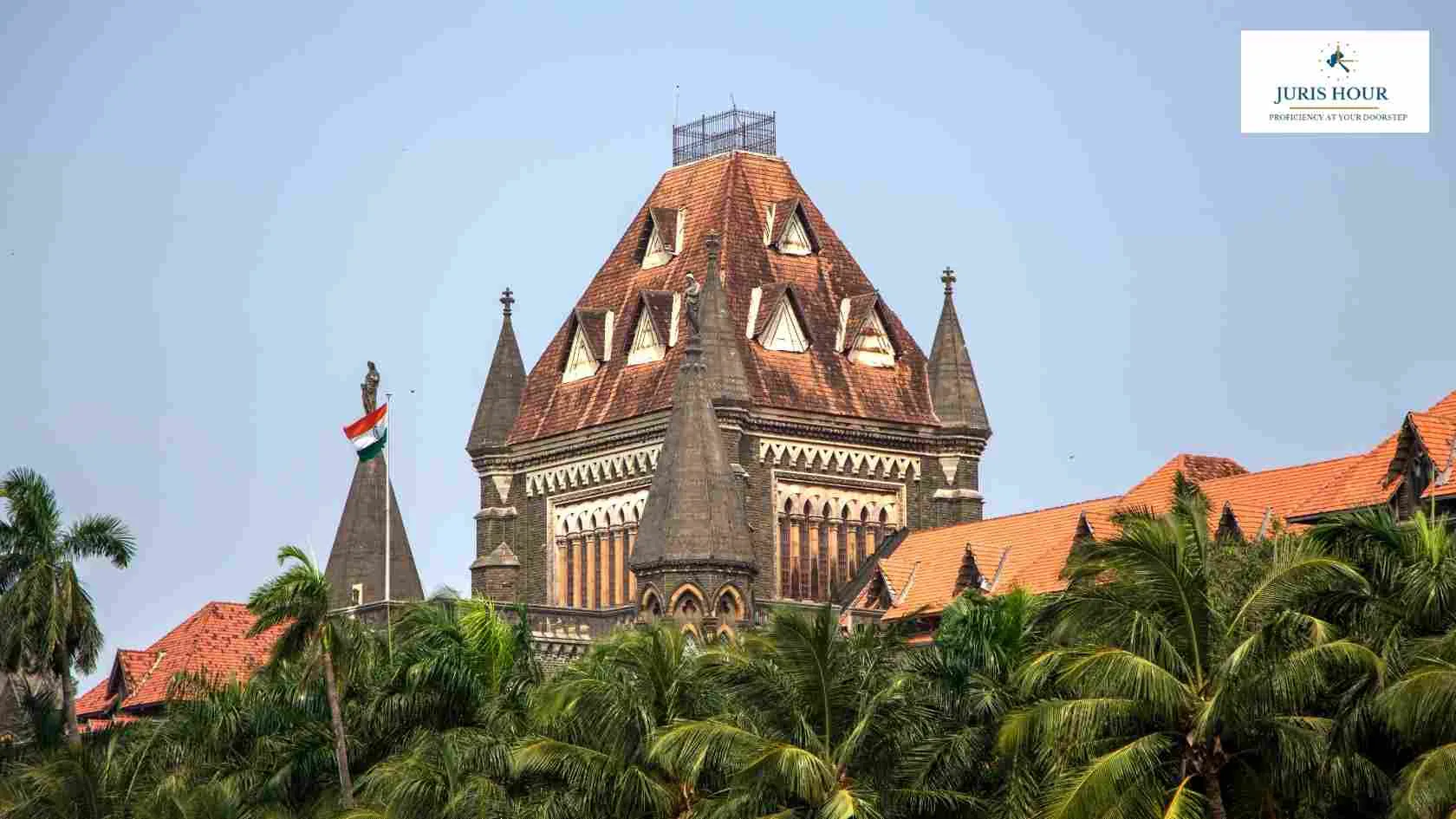The Bombay High Court has delivered a significant judgment clarifying that assessees cannot be denied transitional CENVAT credit under the GST regime solely on procedural grounds, such as the manual filing of revised excise returns.
The bench of Justice M.S. Sonak and Justice Jitendra Jain has ruled in favour of a petitioner who had been denied transitional credit of over Rs. 1.16 crore due to the inability to revise their excise return electronically after the introduction of GST.
The case revolved around a claim for transitional credit under Section 140 of the CGST Act, 2017. The petitioner had initially filed their TRAN-1 form on August 26, 2017, but inadvertently failed to include credit linked to three bill entries in their ER-1 return for May/June 2017. After realising the omission, the petitioner attempted to correct the error by manually filing a revised ER-1 return and a corresponding revised TRAN-1 in November 2022, during the window allowed by the Supreme Court in the Filco Trade Centre Pvt. Ltd. case.
However, the GST department rejected the revised claim on two grounds: first, that the revision of excise returns could only be done electronically under a 2010 notification; and second, that the credit was being claimed beyond the permissible one-year limit under the Cenvat Credit Rules.
The Division Bench of Justices M.S. Sonak and Jitendra Jain dismissed these objections. The court noted that after the implementation of GST on July 1, 2017, the central excise portal was no longer functional, making it technically impossible for assessees to file revised excise returns electronically. The judges observed that the petitioner had, in fact, informed the authorities about the mistake in February 2018—within the prescribed one-year time limit—and had acted promptly to file a revised return once the Supreme Court reopened the window for TRAN-1 revision.
The court emphasized that substantive tax rights should not be defeated by procedural shortcomings, especially when there is no allegation of revenue loss. It ruled that the petitioner’s manual revised return was a valid basis for claiming transitional credit and that the department’s rigid insistence on electronic filing was unjustified under the circumstances.
The court quashed the department’s rejection order dated February 27, 2023. It directed the authorities to accept the petitioner’s manually revised ER-1 return filed on November 23, 2022, and permit the transition of ₹1,16,29,351 as CENVAT credit under the GST regime. The process is to be completed within eight weeks.
Case Details
Case Title: Johnson Matthey Chemicals Versus Union of India
Case No.: Writ Petition No. 15536 Of 2023
Date: 8 July 2025
Counsel For Petitioner: Priyanka Rathi
Counsel For Respondent: Neeta Masurkar
Read More: Kerala High Court Upholds Daughters’ Coparcenary Rights Under Hindu Succession Amendment Act, 2005

